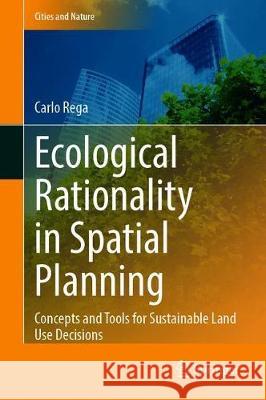Ecological Rationality in Spatial Planning: Concepts and Tools for Sustainable Land-Use Decisions » książka
topmenu
Ecological Rationality in Spatial Planning: Concepts and Tools for Sustainable Land-Use Decisions
ISBN-13: 9783030330262 / Angielski / Twarda / 2020 / 198 str.
Ecological Rationality in Spatial Planning: Concepts and Tools for Sustainable Land-Use Decisions
ISBN-13: 9783030330262 / Angielski / Twarda / 2020 / 198 str.
cena 563,56
(netto: 536,72 VAT: 5%)
Najniższa cena z 30 dni: 539,74
(netto: 536,72 VAT: 5%)
Najniższa cena z 30 dni: 539,74
Termin realizacji zamówienia:
ok. 16-18 dni roboczych.
ok. 16-18 dni roboczych.
Darmowa dostawa!
Kategorie BISAC:
Wydawca:
Springer
Seria wydawnicza:
Język:
Angielski
ISBN-13:
9783030330262
Rok wydania:
2020
Wydanie:
2020
Numer serii:
000472004
Ilość stron:
198
Waga:
0.50 kg
Wymiary:
23.88 x 17.02 x 1.27
Oprawa:
Twarda
Wolumenów:
01











